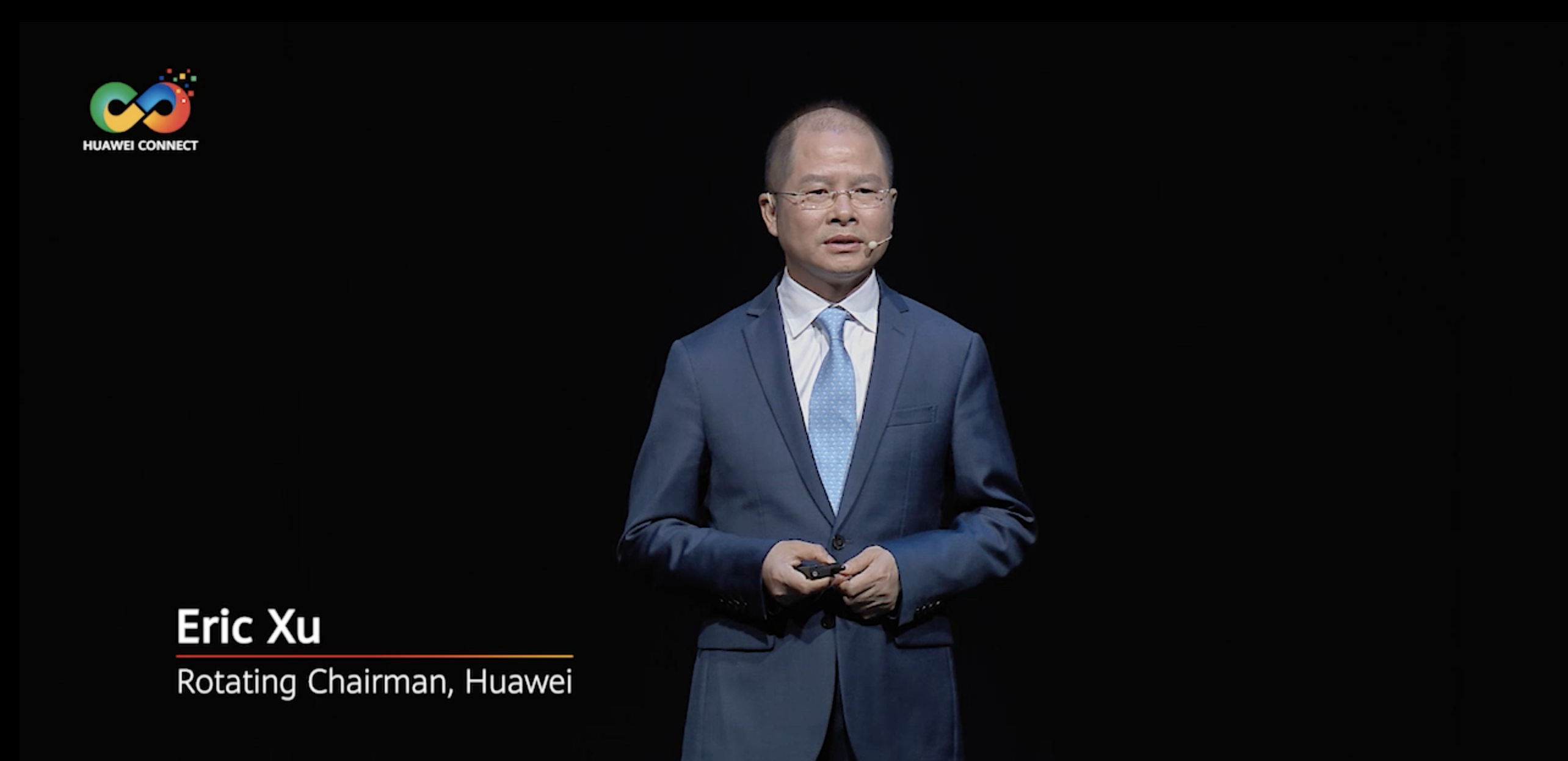Huawei Rotating Chairman Eric Xu Zhijun Reveals Latest Progress in Mobile Phones, Huawei Cloud, Chips and Car Businesses
On September 23-25, 2021, the Huawei Connect 2021 conference was held online. Eric Xu Zhijun, rotating chairman of Huawei, was interviewed by the media at the conference, allowing him to unveil the latest progress of Huawei’s businesses across the fields of mobile phones, Huawei Cloud, electronic chips and cars.
Regarding the mobile phone business, Xu reiterated that the company does not intend to give it up. Huawei hopes that consumers will continue to buy its 5G mobile phones in the future.
As for Huawei Cloud, he described it is at a “rapid development.” According to Gartner’s 2020 research report, Huawei Cloud has become the second largest cloud service provider in the domestic market and the fifth in the world in just four years. However, Huawei Cloud is still losing money, “which is a common situation in the industry.” However, the company will not divest or sell the business like Honor, and Huawei Cloud has no plan to undergo a public listing.
Electronic chips are the key to Huawei’s future development. Regarding the firm’s chip-related business, Xu said that Huawei has been relying on inventory since the company was sanctioned by the United States government. At the same time, Xu added, Huawei is also trying to solve the chip manufacturing problem, which depends on the joint efforts of China’s semiconductor industry chain. This task will require great efforts and take a long time, the rotating chairman said.
“The news related to Huawei and chips that people see now is all false.” However, Xu also said that Huawei learned from suppliers that they did have some chips licensed by the United States, mainly for some low-end chips of car parts.
When it comes to building cars, there are rumors saying that Huawei will build cars, which were repeatedly denied by the company. At this media communication meeting, Xu reiterated that Huawei won’t build cars.
“Each company has its own choice. In the past, many of our choices were incomprehensible to people, but every company knows what is best for its future development,” Xu Zhijun said, adding, “The more people rush to start car building business, the more calm they should be.”
In addition, he explained in detail the difference between HarmonyOS and EulerOS. The former is oriented to the Internet of Things, while the latter is provided to businesses including servers, clouds and edge computing. The two will connect and integrate in the future. At present, 120 million users of HarmonyOS are all mobile phone users.
Talking about HarmonyOS, Xu added, Huawei hopes to turn it into an operating system for the Internet of Things. However, when facing smart terminals, it essentially replaces Android. The difference is that HarmonyOS has an added capability that allows it to be distributed across devices. For example, when a Huawei phone and a Huawei computer are connected, users can see the same content on the two screens.
SEE ALSO: Huawei CFO Meng Wanzhou Released After Deals with U.S. Justice Department
At the press conference for the Huawei Nova 9 series on Thursday, relevant personnel from the firm said that as of September 23, 2021, the number of users who upgraded HarmonyOS 2 exceeded 120 million. Since the upgrade started on June 2, more than 1 million users have upgraded HarmonyOS every day on average.
At present, over 400 application and service partners, more than 1700 hardware partners and more than 1.3 million developers have participated in the ecological construction of HarmonyOS. Previously, Huawei set a target of 400 million users to upgrade HarmonyOS by the end of the year.


